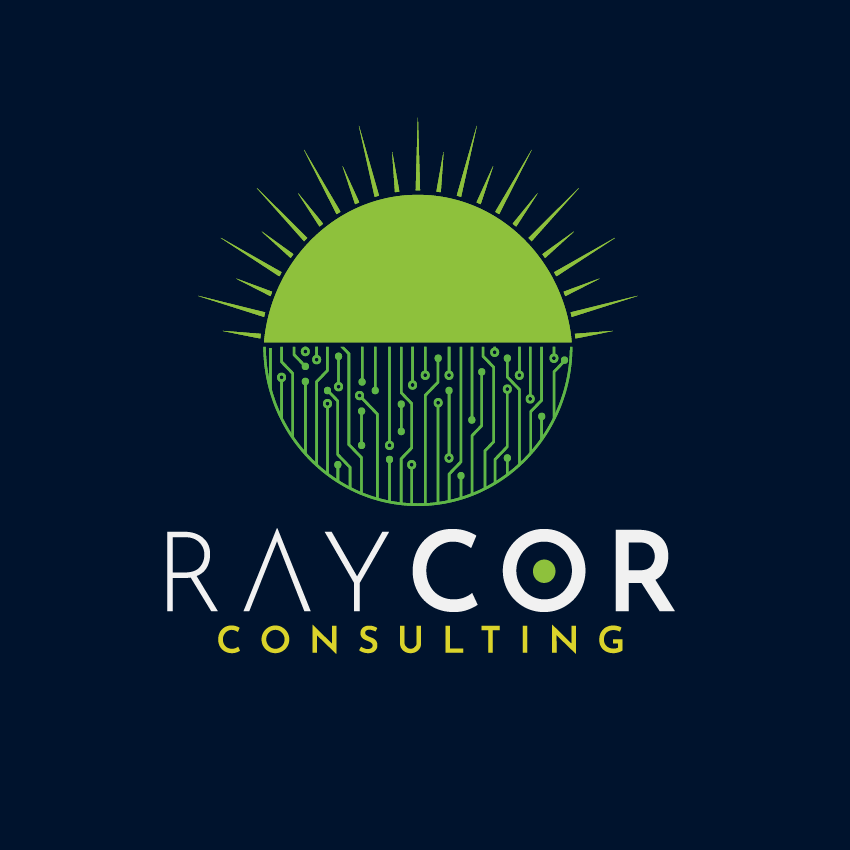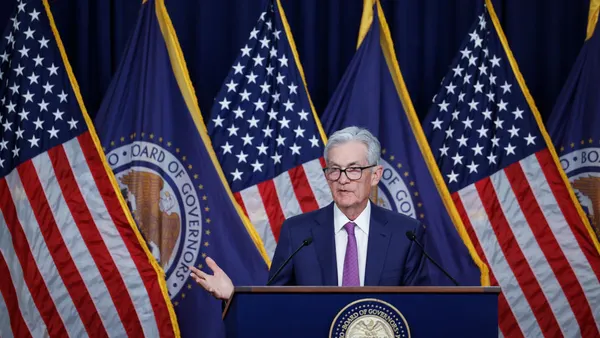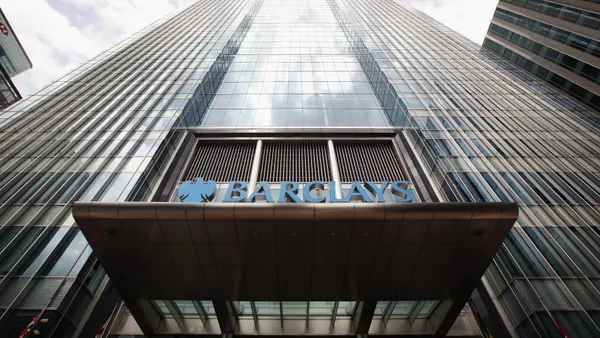UPDATE: March 5, 2021: The Consumer Financial Protection Bureau (CFPB) is investigating low-to-moderate-income lending specialist Oportun to see whether its collection practices between 2019 and 2021 — and particularly, hardship treatments the company offered borrowers during the COVID-19 pandemic — violated consumer protection laws, the company wrote in a filing Thursday.
Oportun "believes its practices have been in full compliance with CFPB guidance and that it has followed all published authority," the company wrote in the filing, adding it intends to cooperate with the CFPB but cannot predict the outcome of the investigation or subsequent consequences.
Dive Brief:
- Oportun Financial Corp., a Silicon Valley-based alternative to payday lending geared toward low- to moderate-income (LMI) Americans, filed an application Monday for a national banking charter with the Office of the Comptroller of the Currency (OCC), the company said in a blog post.
- Oportun's personal installment loans are available in 12 states, although the company says it serves customers online and over the phone in 21 more. It also offers auto loans and credit cards, and operates 340 brick-and-mortar locations. A national charter would give the products a nationwide distribution and a launching pad to offer checking and savings accounts and certificates of deposit.
- The move signals what may be a continued uptick in applications with the OCC. Ten companies filed new paperwork to become national banks with the regulator in fiscal 2020 — the most in a decade, The Wall Street Journal reported. Oportun's filing is the second of fiscal 2021.
Dive Insight:
Oportun launched in 2005 with a mission to serve Spanish-speaking consumers, but it has since looked to expand to a market of 100 million lower-income Americans, many of whom have no credit score or sparse credit history.
This month, the company announced a partnership with Sioux Falls, South Dakota-based MetaBank, set to launch in mid-2021, that could allow Oportun to make loans outside of its current geographic footprint.
A national charter would give Oportun a broader reach for its signature product, a personal loan of between $300 and $10,000. But it also would put to rest the need to comply with various state licenses, and it would be crucial in attaining low-cost deposit funding.
If Oportun's application is approved, CEO Raul Vazquez said he expects to turn the company's branches into loan production offices, and would likely open locations in new territory.
"We continue to believe that a combination of channels is better than a business that only offers one channel," Vazquez told American Banker. "In terms of how many physical locations, we'll figure that out in the coming months. Some of that will depend on how much of the behavior that we're seeing in the pandemic sticks."
Oportun drew flak over the summer when ProPublica and the Texas Tribune reported the company was suing thousands of low-income Latinos to collect on debts during the coronavirus pandemic. The company vowed to drop all pending debt claims, temporarily suspend the filing of new ones, and cap its interest rate at 36%. Oportun's loans have average terms of around three years and an average annual percentage rate of 33.3%, The Wall Street Journal reported.
The rising number of new bank applications with the OCC stands in stark contrast to the dearth the regulator saw in the wake of the 2007-08 financial crisis. But before that time, such applications were much more common. More than 30 companies filed new bank paperwork with the OCC in fiscal 2007, according to The Wall Street Journal. A similar number did the same in fiscal 2008.
The application process can be lengthy, though. It took Varo three years after filing — and several steps — to become a bank, including getting sign-off from the Federal Deposit Insurance Corp. (FDIC) to offer insured deposits. Parent firms also need a thumbs up from the Federal Reserve to become bank holding companies.
SoFi, Monzo and Figure, started by SoFi's previous CEO, have also filed for charters with the OCC this year. But there are other routes to banking. The FDIC approved industrial loan company (ILC) charters for Square and student loan servicer Nelnet in March. Investment company Edward Jones and e-commerce giant Rakuten filed for an ILC charters, although the latter withdrew. LendingClub and Jiko obtained charters this year by buying existing banks.














